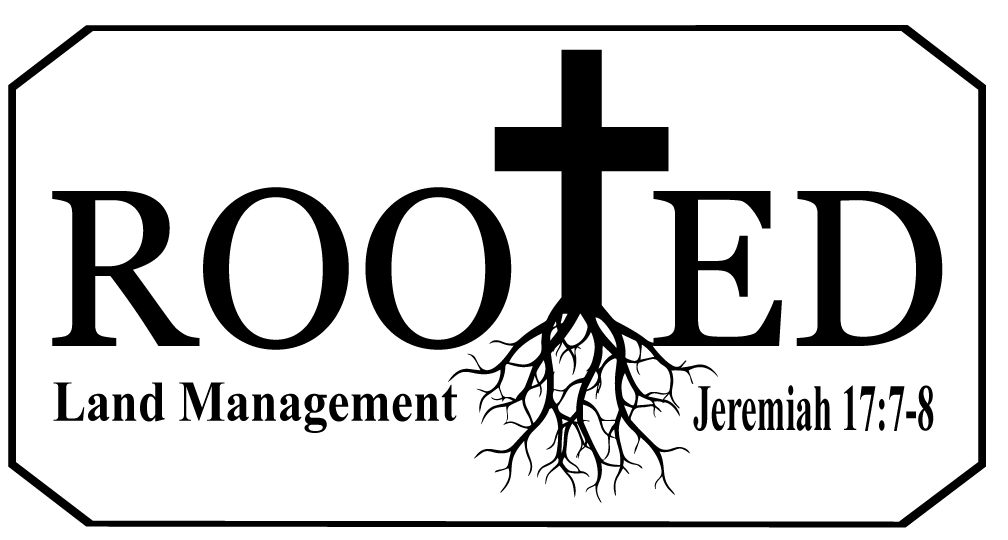Building Value from the Ground Up: How Recreational Land DevelopmentIncreases Property Worth and Income Potential
For many landowners, recreational property is more than a weekend getaway or a place to hunt—it’s a long-term investment. What’s often overlooked, however, is just how much value can be added to a property through purposeful recreational land development. From wildlife habitat improvements to access infrastructure and aesthetics, the steps you take to enhance your land for outdoor enjoyment can have measurable financial benefits and unlock new streams of income.
Whether you own 50 acres or 500, here’s how developing your recreational land can significantly increase its market value and open doors to revenue generation.
- Increased Marketability and Monetary Value
Buyers and appraisers are placing a premium on turnkey recreational properties—land that’s already equipped with trails, food plots, stands, water features, and habitat improvements. Here’s why:- Improved Usability: A property with roads, trails, and cleared shooting lanes is more accessible and enjoyable.
- Habitat Diversity: Managed timber stands, planted native grasses, food plots, and water sources support healthy game populations and year-round activity.
- Visual Appeal: Open views, managed woodlands, and well-maintained plots create a more attractive landscape.
Financial Impact: Recreational enhancements can increase property value by 10%–25% or more, especially in areas where hunting, fishing, or outdoor tourism are in high demand.
- Income Through Hunting Leases
Well-managed recreational properties are in high demand among sportsmen who may not own land but want access to quality hunting.- Turnkey Leasing: You can lease to individuals or hunt clubs on a seasonal or annual basis, often generating $10–$50+ per acre depending on the region, species, and amenities.
- Premium Pricing: Managed habitat, established blinds, and good game populations attract higher-paying lessees.
Bonus: You maintain ownership and control while generating recurring passive income.
- Guided Hunts and Outdoor Experiences
If you’re willing to be more hands-on, developing your land for outfitted hunts or outdoor experiences offers even greater earning potential.- Whitetail, waterfowl, or turkey hunting packages
- Lodging and meals for guests
- Guided fishing, hiking, or birdwatching tours
With branding and marketing, recreational land can support a small business or side operation, offering experiences that generate thousands in seasonal revenue.
- Timber and Conservation-Based Income
Recreational improvements often go hand-in-hand with sustainable forestry and conservation practices:- Timber thinning and select cuts can bring income while improving habitat and views
- CRP and conservation easement programs offer per-acre payments for environmental stewardship
- Pollinator fields, wetland restorations, or streambank buffers can make you eligible for government cost-share programs
These programs can provide yearly payments or lump-sum reimbursements—offsetting your development costs while boosting your property’s appeal.
- Event Hosting and Agritourism
As rural recreation becomes more popular, landowners are exploring non-hunting income opportunities as well:- Weddings and retreats: Scenic properties can be venues for outdoor events
- Farm-to-table dinners or workshops
- Photography sessions or outdoor education camps
With the right infrastructure—like a barn, cabin, or pavilion—your land becomes a destination, generating off-season or year-round income.
- Long-Term Investment and Legacy Value
Beyond immediate returns, developing recreational land is about building a legacy:- A place to enjoy with family and pass to future generations
- An asset that appreciates in value over time
- A portfolio piece that can be used for 1031 exchanges, financing, or resale leverage
Properties that have been actively developed and responsibly managed sell faster and command higher offers than raw or unimproved land.
Conclusion: A Landowner’s Best Investment is Stewardship
Developing your recreational land doesn’t just enhance its beauty or hunting appeal—it increases its monetary value and opens the door to diverse income opportunities. From leasing to lodging, timber to tourism, the right improvements can turn your property into a productive asset that pays you back season after season.
Whether you do the work yourself or hire a professional land manager, every trail cleared, food plot planted, or pond stocked brings you closer to maximizing the full potential of your land—both financially and recreationally.
If you would like more information on how to increase your recreational property’s value or information on creating and implementing a plan on how to increase your recreational property’s value, give Rooted Land Management a call at 256-684-1645 or email them at info@rootedlandmgt.com.
Brady Willcutt
Owner
Rooted Land Management
